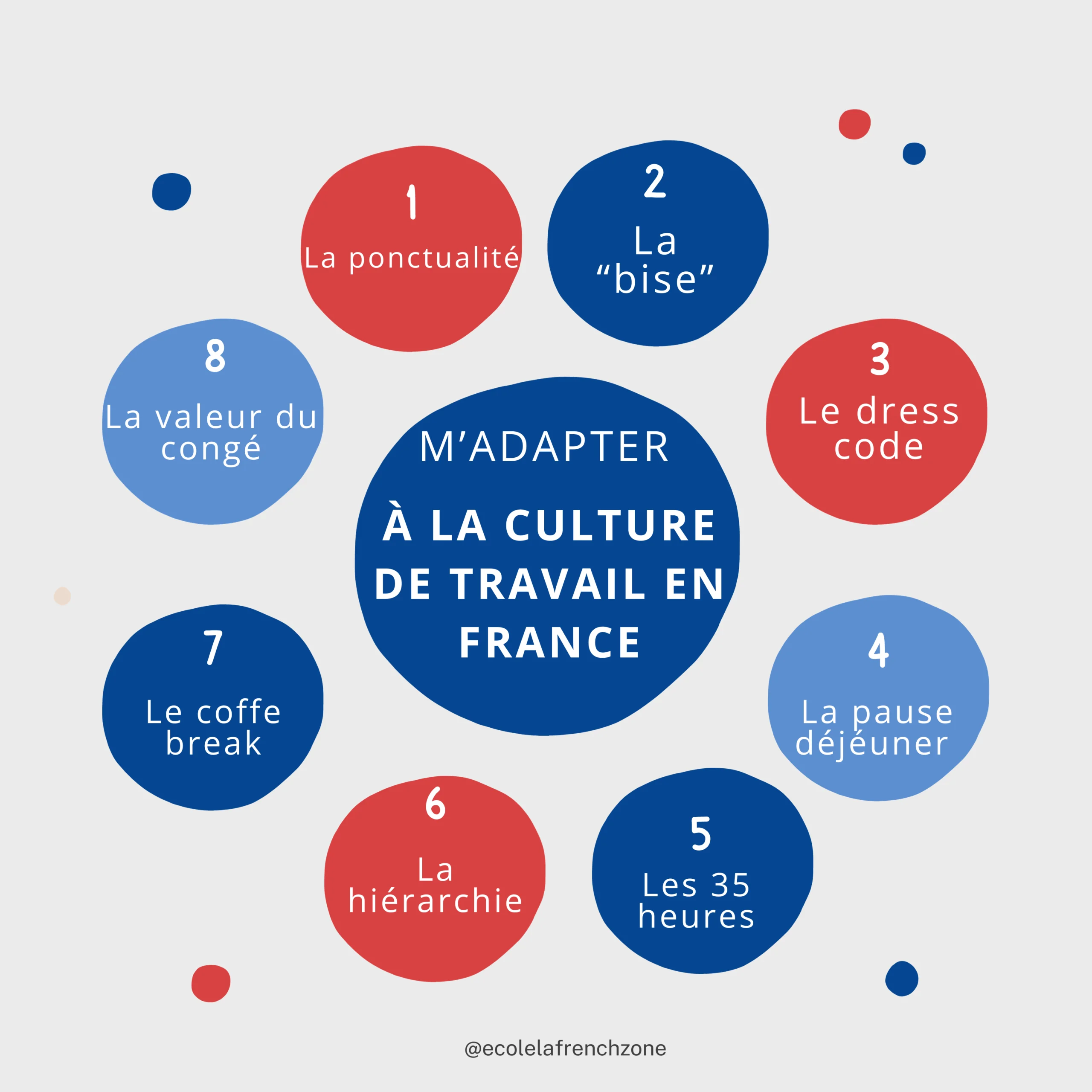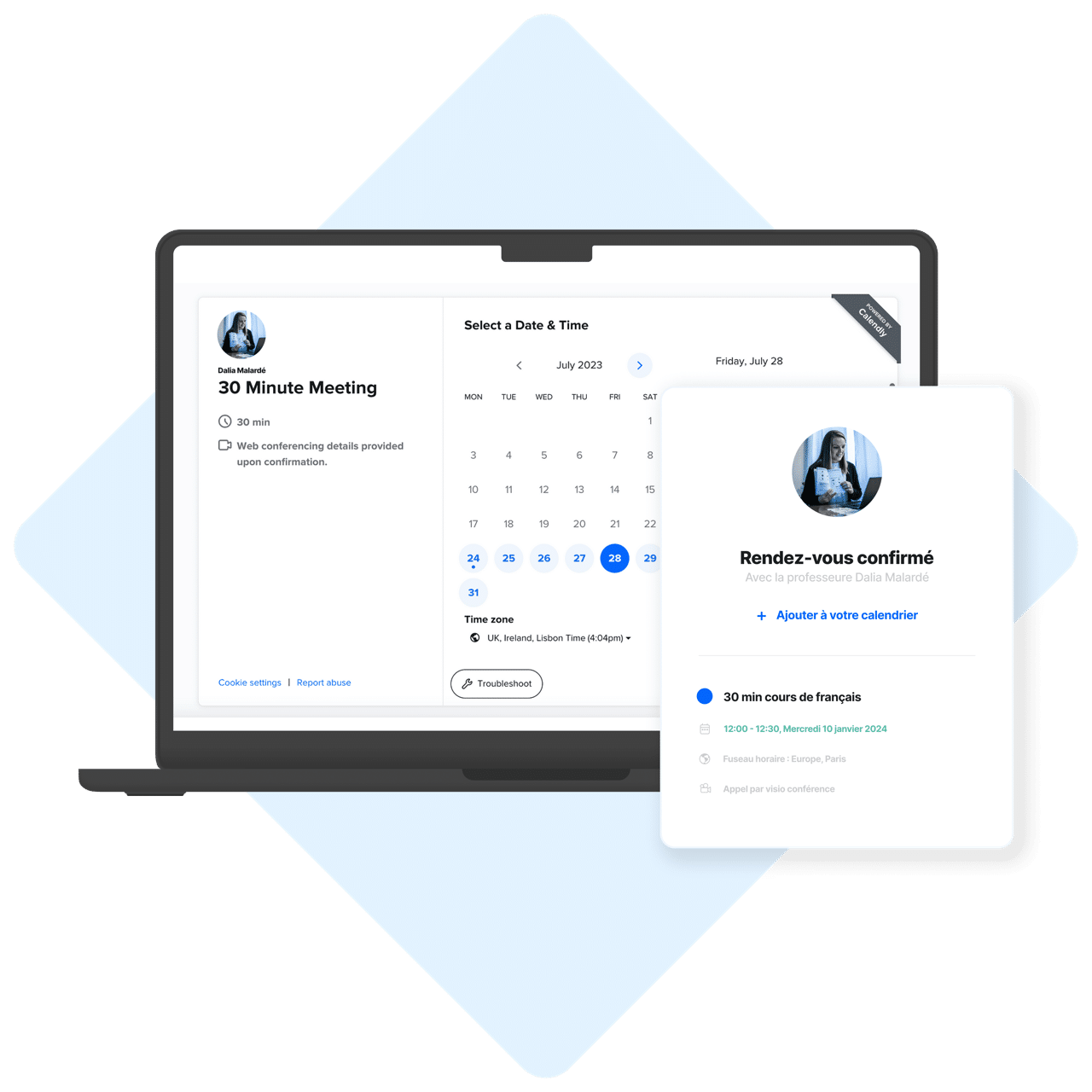French Workplace Secrets: Navigate Cultural Differences
In the professional world in France, a complex web of unwritten codes and nuanced behaviors can appear bewildering to those unfamiliar with the intricate subtleties of the local work culture.
Each interaction, from business meetings to coffee break conversations, is governed by a sophisticated set of social and professional expectations that extend far beyond standard workplace norms.
Here are some important pieces of information that will help you decode these cultural differences and navigate your professional integration with confidence.
Formal Address in Professional Environments
In France, professional communication is deeply rooted in respect and hierarchical awareness, particularly evident in language use. The choice between “vous” (formal “you”) and “tu” (informal “you”) is a critical aspect of workplace interactions. Initially, it is essential to use the formal “vous” with superiors, new colleagues, and in professional settings.
This linguistic formality demonstrates respect and maintains professional boundaries.
For instance, instead of casually asking, “Can you help me?” you would more appropriately say, “Pourriez-vous m’aider?” (Could you help me?), which reflects a more respectful tone.
The transition to using the informal “tu” should occur naturally and be explicitly suggested by a senior colleague or someone in a position of authority, signaling a more comfortable and familiar working relationship.
“La Bise” at Work in France
“La bise” represents a quintessential French greeting involving light cheek-to-cheek kisses, a social ritual that extends into professional environments. In more relaxed and informal workplace settings, colleagues might greet each other with this traditional gesture, though its appropriateness varies widely depending on the specific company culture and regional customs.
While “la bise” can symbolize workplace camaraderie and social warmth, it is not universally practiced. In more formal corporate environments or large companies, a professional handshake remains the standard greeting.
Lunch Break and Coffee Break
In France, the lunch break is more than a mere pause for sustenance—it’s a cultural ritual deeply ingrained in professional life. Typically lasting between one and one and a half hours around noon, employees leave their workplace to enjoy a meal at a café, restaurant, or on-site dining area. This extended break reflects the French appreciation for quality food, relaxation, and social interaction.
The coffee break, equally important, serves as a social interlude during the workday. Usually occurring in the morning and afternoon, employees gather around the coffee machine or in a designated area to enjoy a hot beverage and engage in brief, informal conversations. These moments are valued for fostering workplace connections and providing a mental reset.
However, while these breaks encourage social interaction, maintaining a professional demeanor remains crucial.

The French and Punctuality
Punctuality is a cornerstone of professional etiquette in France. Arriving late can significantly damage your professional reputation. In practice, being on time means arriving 5-10 minutes before the official start of a meeting or appointment. If unexpected delays are unavoidable, it is essential to communicate promptly and provide a clear explanation.
Indirect Communication in France
French professional communication is characterized by its subtlety and nuance. Colleagues often communicate indirectly, requiring careful attention to context, tone, and non-verbal cues.
For example, instead of directly stating “This won’t work,” a French colleague might say, “I’m not entirely convinced this approach is the most effective,” leaving room for interpretation and diplomatic negotiation.
A publication shared by French courses for expatriates | French for expats 👩🏫 (@ecolelafrenchzone)
The Importance of Body Language
Body language plays a critical role in French professional interactions. Certain gestures can be perceived as disrespectful or unprofessional. Avoid:
- Crossing your arms, which may signal defensiveness
- Putting hands in pockets, potentially interpreted as disinterest
- Excessive gesticulation, which could be seen as a sign of nervousness
Maintaining an open, attentive posture demonstrates respect and engagement.
A publication shared by French courses for expatriates | French for expats 👩🏫 (@ecolelafrenchzone)
Want to dive deeper into French culture? Subscribe to our newsletter (available in French and English) – it’s free, informative, and packed with insights! Looking to boost your professional integration? Join the French language community “Le French Career Club” and accelerate your career journey in France.
See you soon,




